I'm a mom of four. I have watched all my kids plus many others learn to talk. It's been quite fascinating. I'm not a speech pathologist, but I have worked closely with a few "speechies" and at times picked their brain for some tips and tricks on verbal skill development. I find language in and of itself quite fascinating.
My first son started babbling at 10 months of age. He had his own language and would babble to imaginary people. It was quite humorous to watch. I'm pretty sure he was imitating us. Yet, it wasn't until about four that anyone could understand him. Now at 22 years of age, he's not much of a talker at all, but he's a great listener. My daughter didn't start talking until she was two. She didn't have to. Her babbling brother did it all for her. Now she talks non stop. And, my twins, well, they both try to talk at the same time, yet they are both very soft spoken and tend to mumble. For a long time their "R"s sounded like "W"s, which is typical for many children as well
Anyway, as I've watched them all grow I've come up with some great strategies for working on speaking and communication skills and these are SLP (speech language pathology) approved, and kid tested!
• Converse! Take time (beginning from day 1) to talk to your children. Not about them, but to them. Sit down, cell phone down, ipad down, look them in the eye and converse. Pick any topic you want or let them choose. Make this a habit. It pays off!
• Read Out Loud: Read. Read. Read. Kids love to hear stories, so you can use a book, make up stories or have them make them up with you. You can start a story and let them finish it or go back and forth with each person adding to the story. Books and stories encourage language development.
• Signs: Put signs around your home. Hang up a wipe erase board. Label things. Point out signs on the road.
• Listen: If you're a talker, stop talking and start listening if you want your child to speak up. Become attentive and watch for both verbal and non verbal (body) language.
• Move: Go for a walk, jump on a trampoline or get your kids swinging. You will be amazed how much more they will verbalize and talk when they are moving.
• The Arts: Put on some classical music and pull out some art tools. Music and art will bring out not only the budding artist but provide a calm atmosphere for talking too. Wind instruments are also great for developing oral motor skills which children need for better lip/tongue and mouth control.
• On Stage: Sign your child up for an acting class where they will learn the art of communication. Get a microphone or karyoke machine. There's nothing like a microphone to get your kids talking.
• Videography: Kids love making movies. Turn on the video and start taping and they'll start talking. Let them even make their own show. Sometimes teachers will let your kids do a video presentation in lieu of a report in school.
• Siri: Have you spoken to Siri? I'm sure you have and maybe your kids too. My kids have entire conversations with her. If you haven't met her, she's the voice on most iphones and ipads. She's quite funny too. Your kids can ask her questions and she answers them. Then try letting your child be "Siri." You can ask questions and have your child answer.
• Apps: There are many apps for speech and language but proceed with caution. Too much time with apps can actually hinder communication between real people.
We'd love to hear how you get your kids talking. Please visit our facebook page and let us know!
Ilana Danneman, Mom, PT, Creative Director/Writer Fun and Function
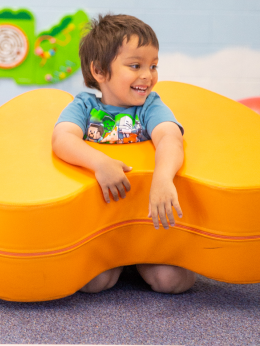


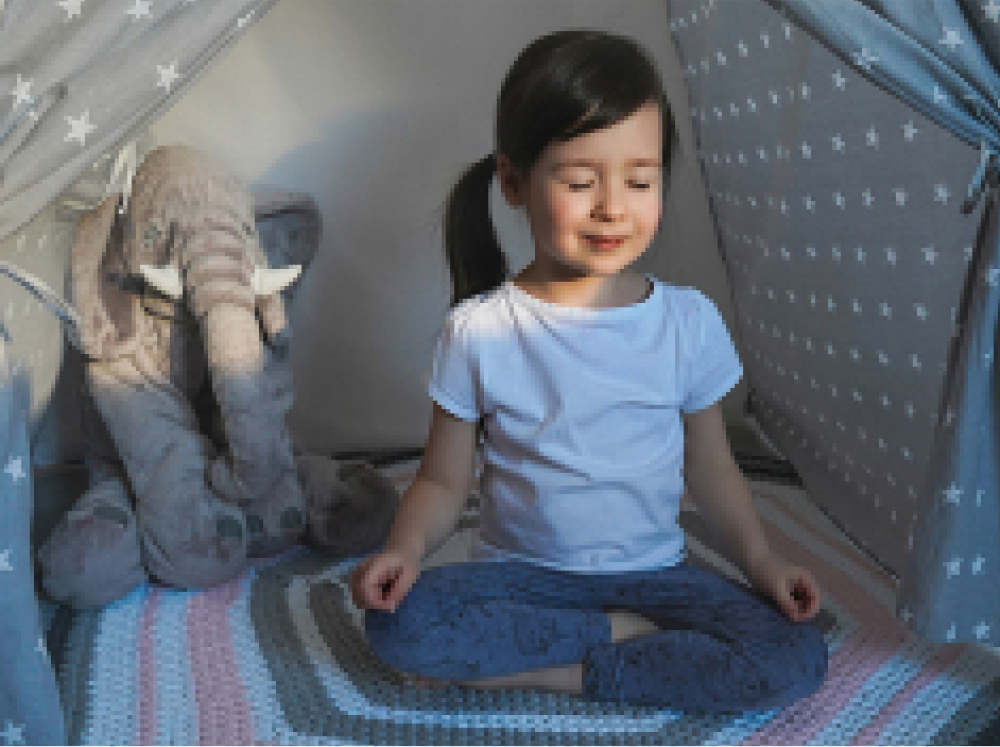
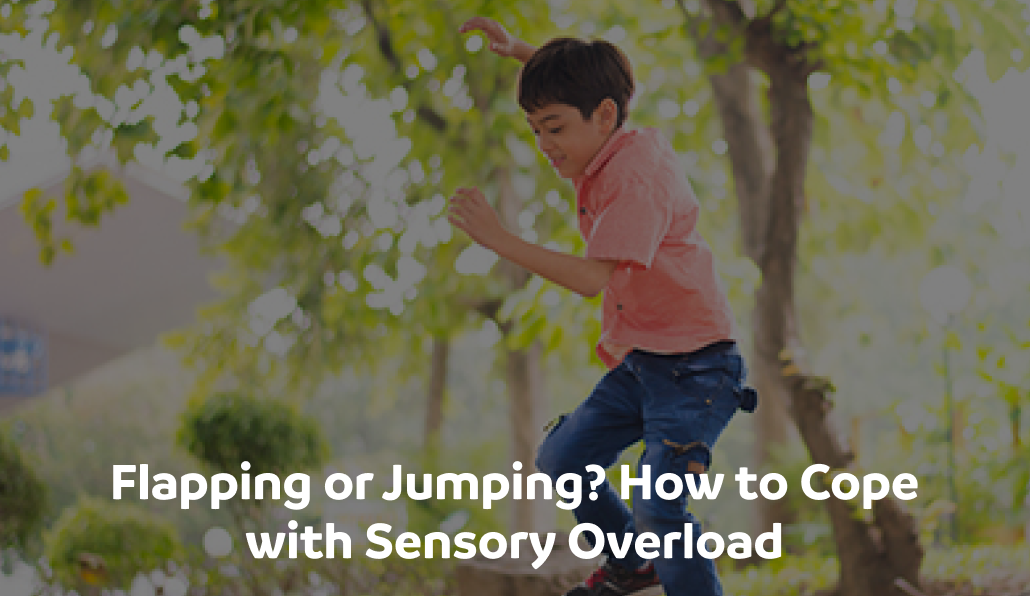
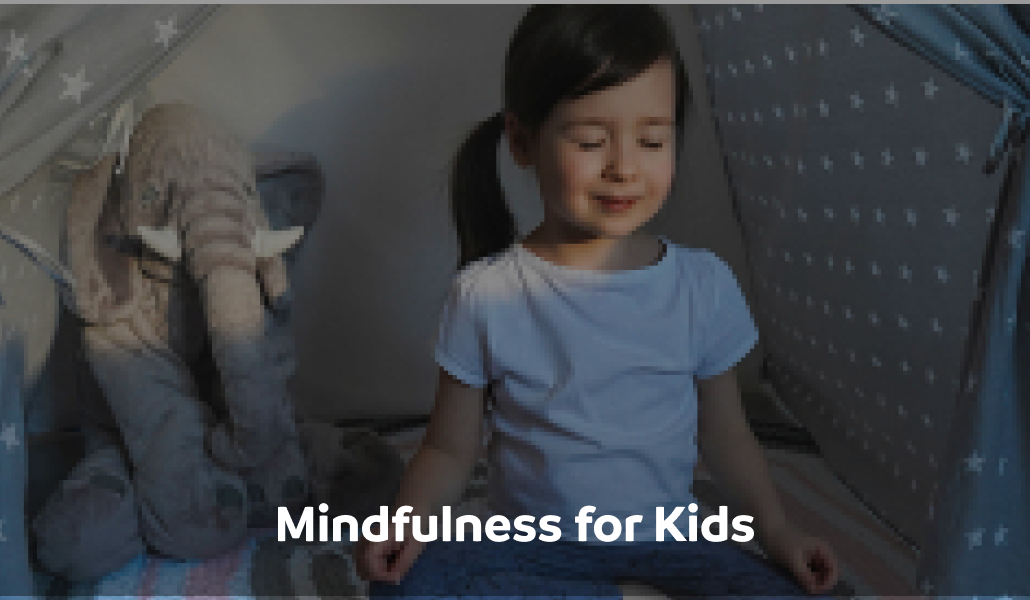
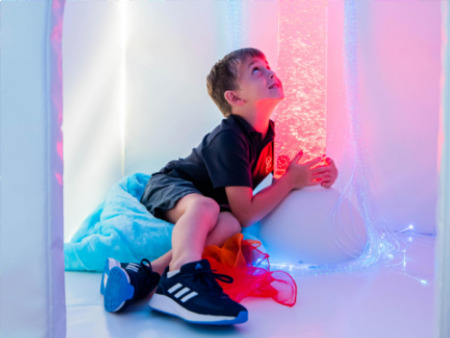
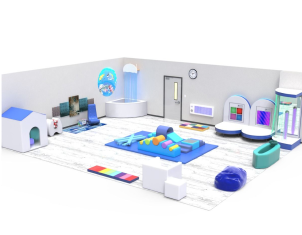
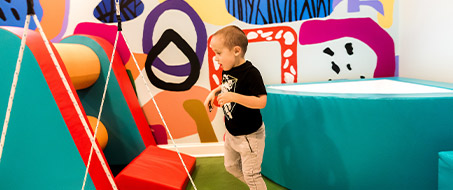
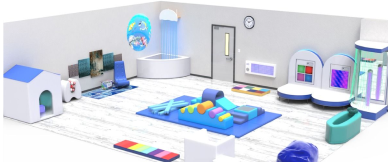
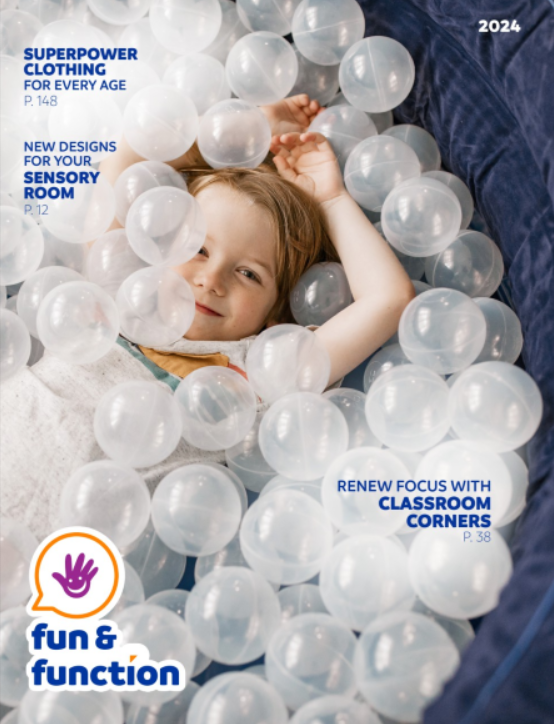
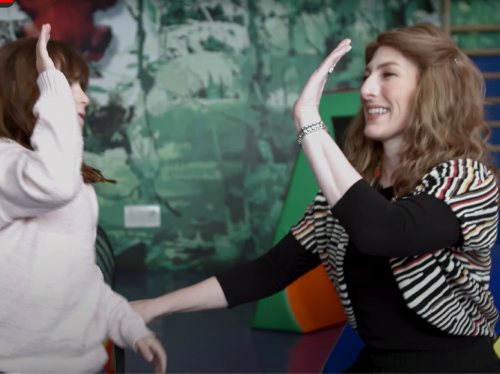
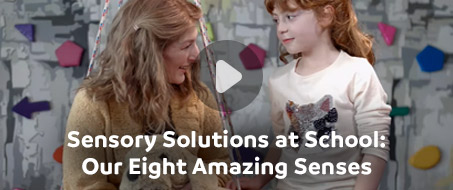
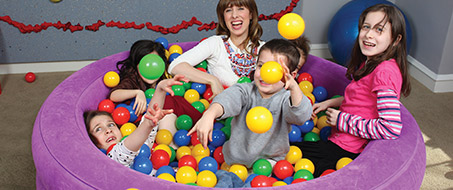







Comments